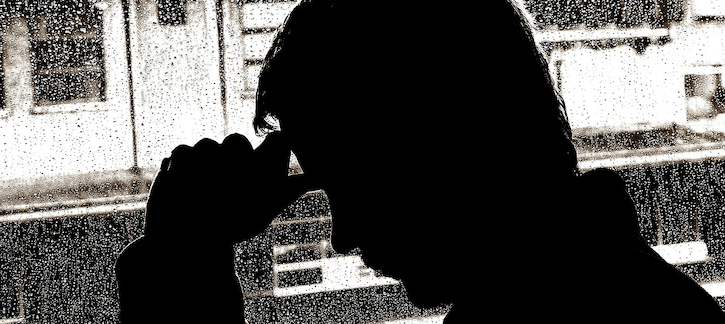Physician Burnout Is Affecting Patient Care
80% of respondents said when their provider is burnt out, the quality of their care decreases.

More than 75% of Americans said that when they see their provider is feeling burnt out, they become concerned about their own safety and care, according to the findings of a survey released by American Society of Health-System Pharmacists.
In fact, the online survey, conducted by The Harris Poll, of more than 2,000 U.S. Americans 18 and older, revealed that 80% of respondents said when their provider is feeling burnt out, the quality of their care decreases. And 47% said they would avoid asking questions if they thought their provider appeared burnt out to avoid adding to their stress.
Respondents expressed awareness of the physician burnout issue, along with concern.
A majority (80%) said they at least heard about burnout among healthcare professionals, while nearly half said they are either somewhat or very familiar with it.
Nearly 75% are concerned about burnout and nearly 25% are very concerned.
The survey suggested that healthcare providers might be unintentionally conveying signs of burnout. Respondents said they can tell if a provider feels burnt out if they seem tired (60%) or rushed (56%).
And a majority of respondents (72%) put nurses at the top of the list of healthcare professionals they think are often burnt out. Physicians (59%) followed, then nurse practitioners (46%). The survey also indicated that hospital pharmacists (26%) and retail pharmacists (25%) are often burnt out.
But 91% of those surveyed agree it is important their doctor, pharmacist, nurse or other healthcare provider do whatever they can to avoid burnout.
American Society of Health-System Pharmacists, which has nearly 50,000 members of pharmacists, student pharmacists and pharmacy technicians, works to improve medication use and enhance patient safety.
“Within the healthcare industry, we are working to help build a culture of resilience and well-being to ensure that no patient or clinician is harmed due to burnout; but it takes a concerted effort from all entities involved — providers and healthcare organizations,” said Paul W. Abramowitz, Pharm. D., Sc.D., CEO of American Society of Health-System Pharmacists.
The organization recommends the following things to boost resilience:
- Recognize the presence and risk of burnout
- Identify burnout risk factors
- Form a committee to explore causes and solutions to burnout
- Evaluate changes to confirm an increase in resilience
- Celebrate and share improvements
American Society of Health-System Pharmacists also recommends that clinicians monitor their stress levels, find a mentor, develop social connections, embrace change and start practicing daily gratitude.
“We believe that fostering and sustaining the well-being and resiliency of the pharmacy workforce is in the best interest of patients and the healthcare system as a whole,” Abramowitz said.
And other organizations are also working to fight physician burnout.
The American Medical Association has a number of initiatives designed to reduce administrative burden and identify patterns that could predict and prevent suicide among physicians in training. Another program is meant to allow physicians to put their patients first.
Navigate the digital transformation with confidence. Register for our newsletter.
Reduce Physician Burnout
Physician Burnout Costs Healthcare System $4.6B a Year, Study Finds
How to Ease the Time Pressure That Contributes to Physician Burnout
Thwarting Physician Burnout Through the Power of Precision Medicine